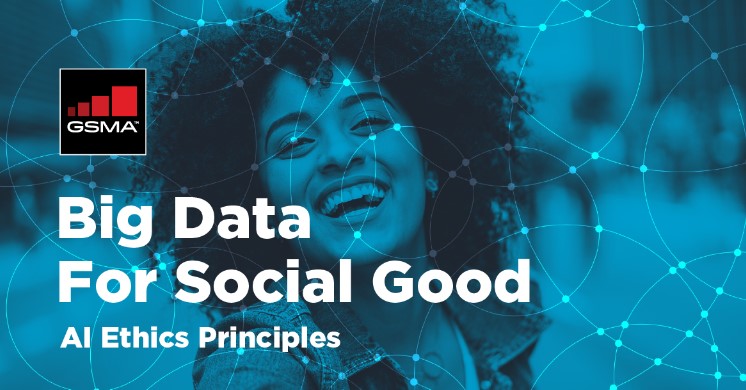Big data analytics is not only revolutionizing the way businesses operate, but it is also making a positive impact on society. By analyzing large volumes of data from various sources, organizations can gain insights into social issues and develop solutions to address them. This article explores the use of big data for social good and its benefits for making a positive impact on society.
What is Big Data for Social Good?
Big data for social good refers to the use of big data analytics to address social issues and make a positive impact on society. This data can come from a variety of sources, including social media, public records, and IoT devices. By analyzing this data, organizations can gain insights into social issues and develop solutions to address them.
How Can Big Data be Used for Social Good?
Disaster Response
Big data analytics can be used to improve disaster response efforts. By analyzing data from various sources, organizations can identify areas that are most impacted by disasters and allocate resources more effectively.
Public Health
Big data analytics can also be used to improve public health. By analyzing data from various sources, organizations can identify trends in health and develop solutions to address them.
Criminal Justice
Big data analytics can also be used to improve the criminal justice system. By analyzing data from various sources, organizations can identify patterns and anomalies that may indicate criminal activity and take steps to prevent it.
Benefits of Big Data for Social Good
Improved Social Outcomes
By leveraging big data analytics, organizations can develop solutions that address social issues and make a positive impact on society.
More Effective Resource Allocation
Big data analytics can help organizations allocate resources more effectively by identifying areas that are most impacted by social issues.
Better Decision-Making
By using big data analytics, organizations can make better-informed decisions about social issues, leading to improved social outcomes.
Challenges of Big Data for Social Good
Data Quality
The quality of the data used for analysis can affect the accuracy of the insights generated. Organizations need to ensure that their data is accurate and reliable.
Privacy and Security
The use of big data analytics raises privacy and security concerns. Organizations need to ensure that they comply with relevant regulations and protect personal data.
Skill Gap
There is a shortage of professionals with the skills needed to work with big data analytics tools in the social good sector. Organizations need to invest in training and development programs to bridge this skill gap.
Conclusion
Big data analytics has the potential to make a positive impact on society by addressing social issues and improving outcomes. While there are challenges associated with big data for social good, these can be overcome with proper planning and investment. By leveraging big data analytics, organizations can develop solutions that address social issues, allocate resources more effectively, and make better-informed decisions.
FAQs
- What is big data for social good? Big data for social good refers to the use of big data analytics to address social issues and make a positive impact on society.
- How can big data be used for social good? Big data can be used for social good in areas such as disaster response, public health, and criminal justice.
- What are the benefits of big data for social good? The benefits of big data for social good include improved social outcomes, more effective resource allocation, and better decision-making.
- What are the challenges of big data for social good? The challenges of big data for social good include data quality, privacy and security concerns, and a skill gap in professionals with the skills needed to work with big data analytics tools.
- How can organizations overcome the challenges of big data for social good? Organizations can overcome the challenges of big data for social good by investing in training and development programs, ensuring data quality, and complying with relevant regulations.
Read More :
- Big Data and Marketing: Understanding Customer Behavior for Better Campaigns
- Big Data in Finance : Predictive Analytics for Better Investment Strategies
- Unlocking the Power of Big Data : A Guide for Businesses
- The Future of Big Data: Trends and Predictions for 2023 and Beyond
- Why Big Data is the Key to Better Customer Engagement and Retention
